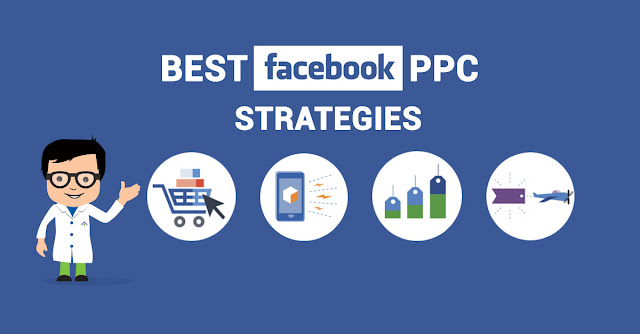A Detailed Insight Into How Facebook and Google Ads Remarketing Works
Introduction
Remarketing is a relatively new advertising technique that is widely being used to draw in customers to websites. There are many technologies that need to be in sync for remarketing ads to work; Google ads and Facebook ads are the two major remarketing ad providers. However, remarketing is not easy, especially the creation of a relevant and catchy ad, hence businesses inexperienced in such areas hire firms that provide Facebook and Google Ads Remarketing Services. Remarketing Facebook ads, unlike Google ads, are shown only in Facebook-owned websites such as Facebook and Instagram.
What is Remarketing?
It is better explained with an example. Suppose a person is browsing Amazon, looking for a smartphone to buy, say the iPhone 11. But for some reason, that person doesn’t buy the phone and closes the page and decides to visit another website, like a news website, or a technology website, or a public forum website. If remarketing is applicable in his/her case, that person will suddenly see an ad of an iPhone 11 from Amazon embedded within ads on that particular website which he/she visits. Even if a different website is accessed, he/she may see that ad again, pertaining to an iPhone 11 from Amazon, despite where and which websites they visit
How Does Remarketing Work?
Taking the above example, remarketing works on the basis of tracking cookies that are embedded within websites that the person visits. For example, when he/she visits Amazon.com, the website will implement tracking cookies in that person’s web browser. Tracking cookies are snippets of codes that contain information about the device used to access the website, browser information, the website being accessed and a unique advertisement ID. When that person leaves the website, that tracking cookie checks if the other sites being visited by the person supports those ads or not. If they are supported, the cookie sends an ad request to the website, and the ad for that item suddenly shows up on that website.
When Does Remarketing Fail?
Remarketing is not 100% successful all the time as it depends on the browsing preferences of the user and the type of browser being used. Some cases when remarketing may fail are:
Tracking Cookies are Blocked in Browser: Many modern browsers come with active tracking blockers that block the remarketing codes from gaining the information they need to remarket ads. If the user has active tracking blocks enabled, remarketing ads won’t show up.
User Manually Clears Cookies: Remarketing code is stored in the form of a cookie, which is a temporary set of codes about website information stored within browsers. Many users often clear all cookies from browsers, which resets all website configurations and logs them out from logged-in websites. In such a scenario, all remarketing code is lost and no remarketing ads are shown after clearing cookies.
Benefits of Remarketing Ads for Businesses
As remarketing ads are often part of advertisement packages in Google or Facebook ads, most users don’t have to fork out a lot of money separately for remarketing ads. This makes it appealing for them, not only because they are effective, but also because they help draw in customers. Suppose someone left a website without buying anything; remarketing ads have a 60–70% chance of drawing that customer back to the website. There are many reasons why someone left the website without buying anything, and businesses often use modified ads to entice them into buying products with special offers or discounts. Remarketing helps a lot of businesses increase their overall sales which might have been lost revenue if there were no remarketing ads in place.
Benefits of Remarketing Ads for Individuals
Remarketing ads not only benefit businesses but also individuals at whom these ads are targeted. Suppose a person is browsing a website for something, and he/she got called away on quick notice, resulting in them leaving the website. Maybe the fact that they were shopping for something slipped out of their mind, if they happen to browse the internet later and see a remarketing or retargeted ad, they might end up going back to complete their purchase. There are many reasons why a person skips buying a product and remarketing gives them a second chance to complete their purchase as long as they are still interested in the product.
Conclusion
Remarketing requires little capital upfront for a variety of benefits and higher chances of improved sales. It is recommended to reach out to a professional advertising agency that has experience in remarketing ads so that a business can take advantage of remarketing to the fullest. Remarketing requires the creation of specialized ad banners different from regular ads, so professional help is a must for those who wish to guarantee a boost in sales and website hits.


Comments
Post a Comment